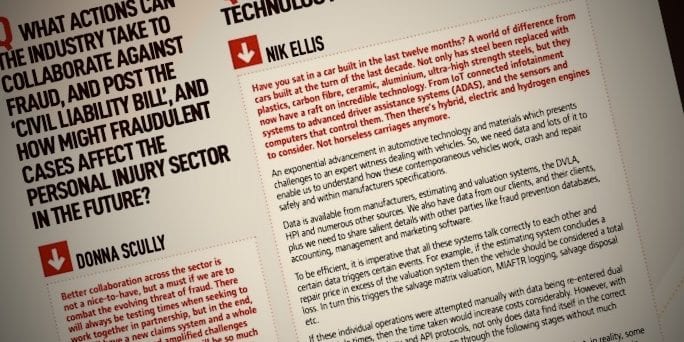Technological Progress
Have you sat in a car built in the last twelve months? A world of difference from cars built at the turn of the last decade. Not only has steel been replaced with plastics, carbon fibre, ceramic, aluminium, ultra-high strength steels, but they now have a raft on incredible technology. From IoT connected infotainment systems to advanced driver assistance systems (ADAS) and the sensors & computers that control them. Then there’s hybrid, electric & hydrogen engines to consider. Not horseless carriages anymore.
Automotive Technology
An exponential advancement in automotive technology & materials which presents challenges to an expert witness dealing with specialist vehicles. So we need data & lots of it to enable us to understand how these contemporaneous vehicles work, crash & repair safely & within manufacturers specifications.
Data is available from manufacturers, estimating & valuation systems, the DVLA, HPI and numerous other sources. We also have data from our clients, their clients plus we need to share salient details with other parties like fraud prevention databases, accounting, management & marketing software.
Vehicle Data Sharing
To be efficient it is imperative that all of these systems talk correctly to each other and certain data trigger certain events. For example if the estimating system concludes a repair price in excess of the valuation system then the vehicle should be considered a total loss. In turn this triggers the salvage matrix valuation, MIAFTR logging, salvage disposal etc.
If these individual operations were attempted manually with data being re-entered dual or multiple times, then the time taken would increase costs considerably. However with collaborative technology & in particular API protocols, not only does data find itself in the correct places but with automation it moves on through the following stages without much human intervention.
Human v Automation
We could run the majority of these systems without any human involvement but in reality some cases are too bespoke to be worth coding. We also need that human element in certain departments such as business relationships or quality control because ultimately we’re here to solve people’s problems; we just use tech to make that experience fast, efficient, accurate & available 24/7. The side effects give us loads of useful data, better client & driver’s experience, reduced key-to-key times, insurer’s reduce costs, everyone has a transparent view of cases plus the directors get some pretty graphs.
So collaborative technology has been vital to bring expert witnesses and the multitude of companies involved into the 20’s. Exciting times.
This article first appeared in Modern Law Magazine.

